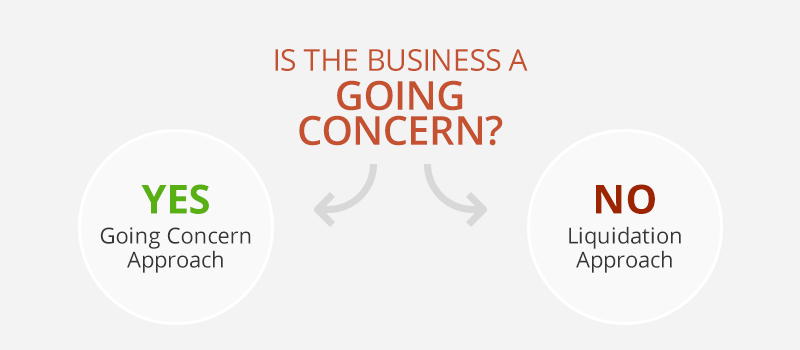In the past we’ve discussed the role that tangible asset appraisals can play in facilitating the placement of property insurance. In addition to facilitating property insurance coverage, tangible asset (land, buildings, machinery and equipment) appraisals can be instrumental in supporting conclusions reached in the valuation of a business.

Business valuation is the process of estimating the fair market value (or some other premise of value) of a business interest, at a given point in time, in the absence of open market negotiations. Business valuations are often required for various legal and business purposes such estate planning, financial reporting, establishing a purchase price, settling a dispute or allocating the purchase price of a business across its various assets.
Two Approaches to Business Valuation
Generally speaking there are two approaches used in the valuation of a business: A liquidation approach or a going concern approach. The approach that is selected is the one that will yield the highest return to the owners of the business at the valuation date.

Businesses that do not generate an adequate return to its stakeholders are valued under a liquidation approach (orderly or forced). In valuing these businesses, appraisals are often required to restate asset values from reported values to liquidation values, which estimate the gross proceeds expected from their sale in the open market inclusive of taxes and commissions. Under a liquidation methodology it is assumed that assets are sold on a piecemeal basis and their value is based on exchange value rather than value in use.
Businesses that generate an adequate return to investors are generally valued by estimating the present value of the prospective cash flows that are expected to accrue to their owners. These estimates are developed by utilizing capitalization and discounted cash flow methodologies that are supplemented by alternative “test” methodologies, that include multiples of revenue, multiples of EBITDA (earnings before interest, taxes, depreciation and amortization) or industry rules of thumb.
While the value determined under a going concern approach is primarily a function of prospective cash flows rather than asset values, asset valuations are often relied upon to help business valuators establish the tangible asset backing of the business. In the business valuation process, balance sheet assets (and liabilities) are often restated to their respective market values so that the valuator can allocate the value of the business to its tangible (working capital, capital assets) and intangible (goodwill and other intangible assets) components. This allows the valuator to evaluate the reasonableness of the fair market value conclusion. It also helps the valuator assess the going concern risk as he or she can quantify the portion of the enterprise value that is backed by tangible assets.
In addition, appraised values are often relied upon by secured lenders so they can help a valuator estimate a capital structure (mix of debt to equity) that is appropriate to finance the business. Appraisals can also assist a business valuator in estimating levels of capital re-investment required by a business to sustain its property, plant and equipment.
Under the assumption that a business is a going concern assets are typically appraised on basis of their value in use (vs. value in exchange) inclusive of the installation and assemblage costs required to make the property operational.
About Suncorp Valuations
Suncorp Valuations is a leading provider of independent valuation, appraisal, and advisory services. Suncorp’s valuations and appraisals have been relied upon by leading insurance companies, public and private companies, property owners and managers, tax authorities, accounting bodies, courts, municipalities and financial institutions from all over the world.
Our valuation and appraisal staff consist of professionals that are highly accredited in the fields of engineering, real estate and equipment appraisal, business valuation, risk management and loss control. Our multi-disciplinary, multi-regional and multilingual staff take an interactive team approach and have been involved in some of the most complex valuation assignments across the globe.
For questions or comments, please Contact Us.
